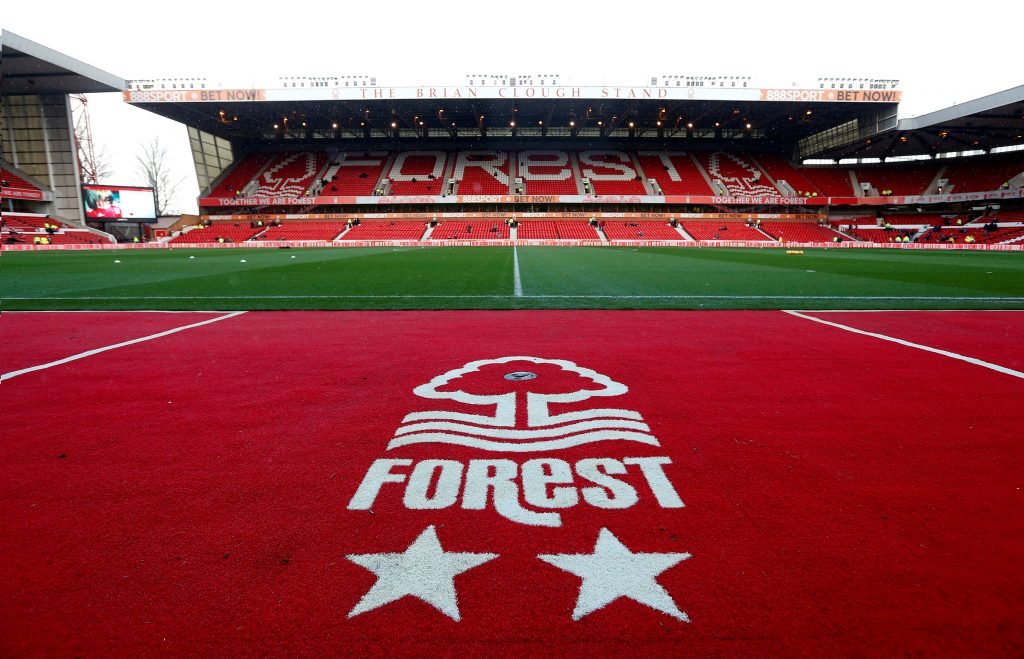Nottingham Forest sued for ‘£4.2m of unpaid loans’, High Court decision looms

Soccer Football - Championship - Nottingham Forest vs Cardiff City - The City Ground, Nottingham, Britain - November 26, 2017 General view before the game Action Images/Ed Sykes EDITORIAL USE ONLY. No use with unauthorized audio, video, data, fixture lists, club/league logos or "live" services. Online in-match use limited to 75 images, no video emulation. No use in betting, games or single club/league/player publications. Please contact your account representative for further details.
Fawaz Al-Hasawi sued Nottingham Forest over ‘£4.2m of unpaid loans’ earlier in May and a decision from the High Court is expected soon. Al-Hasawi was the subject of a legal case 18 months ago which alleged that he owed his former club money from the sale to Evangelos Marinakis in May 2017. However, he’s counter-sued and is waiting to hear the outcome.
Al-Hasawi had long wanted to invest in English football and purchased Forest in 2012, buying out Nigel Doughty’s controlling stake. In his five-year spell at the City Ground, the 50-year-old sacked eight managers and nearly suffered relegation to League One (21st in the Championship in 2016/17). Forest posted just one top-10 finish in the Al-Hasawi era which came in 2012/13.
Managers sacked under Al-Hasawi
Steve Cotterill (October 14, 2011 – July 12, 2012), Sean O’Driscoll (July 20, 2012 – December 26, 2012), Alex McLeish (December 27, 2012 – February 5, 2013), Billy Davies (February 7, 2013 – March 24, 2014), Stuart Pearce (July 1, 2014 – February 1, 2015), Dougie Freedman (February 1, 2015 – March 13, 2016), Paul Williams (March 13, 2016 – May 12, 2016), Philippe Montanier (June 27, 2016 – January 14, 2017).
Nottingham Forest’s debt stood at £55.6m just one year before Al-Hasawi sold the club and high-profile sales were made to lower the deficit – Olivier Burke (£13m) and Henri Lansbury (£2.5m) in 2016, Britt Assombalonga (£15m) in 2017. He was an unpopular owner during his time in the East Midlands due to his open-door policy with managers and poor spending in the transfer market.